Test Rig and Overclocking
| Case | Fractal R5 |
| CPU | Intel Core i7 6700K |
| Memory | Patriot Viper Elite 16gb 3000Mhz (2x8GB) kit |
| Motherboard | Asus Maximus VIII GENE |
| Hard Drive | San Disk Extreme Pro 240GB |
| Case Fans | 2 x Fractal Dynamic GP14 |
| Liquid Cooling | Enermax Liqtech 240 |
| GPU | EVGA GTX970 FTW 4GB |
Here at Bjorn3D we try to streamline the testing process to ensure fair and unbiased test results by removing variables such as excess drives, turning off extra software such as the virus and malware scanner and clearing the cache and prefetch data. We also perform a clean install of Windows 10 Pro. This is all done to ensure that we can rule out any interference in the test results and allow you to get a better perception of the actual impact that the hardware makes. The only extra items installed are the utilities and drivers that are included with the board. Before any testing we install the latest BIOS version. In addition to this we have the benchmarking software that is used for all the motherboard reviews here on Bjorn3D. For testing we run each test three times and average the results to come up with the scores that are reported here. Should we encounter a score that is an outlier, we will then run the test again. Thus anomalous benchmarks that do not represent the true performance of the board are excluded.
Overclocking
When it comes to overclocking memory, there is more than one way to OC and this can be done separately or together. You can OC your memory through changing the frequency within the BIOS and increasing the voltage. However, you need to be careful, because too much voltage can lead to damage; long term damage, and not just to the memory. With the memory controller being located on the CPU, it is possible to damage your CPU. Another way to get improved performance results is through changing the CAS timings, and you can see results even when the frequency has remained the same. When it comes to the timings, the lower the timing numbers, the better. We like to adjust the frequency, voltage and timings to achieve the best possible results.

Using CPU-Z, we establish a baseline, showing the kit set to its stock settings using the XMP setting in order to show you it is running at its stock speed, voltage and CAS timings.This allows you to get a good feel at its already impressive speed before we attempt any overclocking.

During our testing, we managed to reach a very stable overclock of 3200MHz, which is 200MHz higher than the stock speed. This was done at the stock timings and 1.4 volts. This gain was accomplished at the limit of what we would consider safe voltages that will protect your RAM and the memory controller on the CPU from over voltage. This is important to remember, since the memory controller is located on the CPU with Skylake. Our CPU was overclocked previously in the ASUS Maximus VIII GENE review, and we are still using the same settings with the CPU set to 4400MHz.
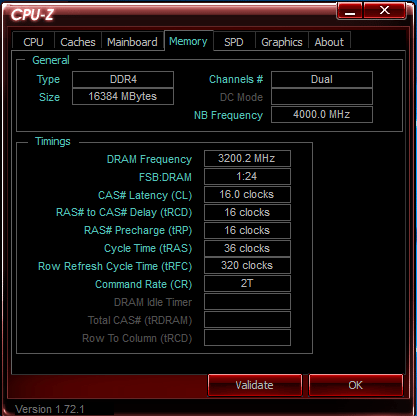
For the testing process, we like to run the memory through a benchmark software obstacle course in order to give you, the reader, the true performance and show how this kit will perform and measure up to other kits available on the market.
The programs we use for testing are:
SiSoftware Sandra Memory Bandwidth Benchmark
SiSoftware Sandra Cache & Memory Latency Benchmark
SiSoftware Cache Bandwidth Benchmark
AIDA64 Cache & Memory Benchmark
Cinebench R15 Multi-threaded test
3DMark Fire Strike Physics test
 Bjorn3D.com Bjorn3d.com – Satisfying Your Daily Tech Cravings Since 1996
Bjorn3D.com Bjorn3d.com – Satisfying Your Daily Tech Cravings Since 1996
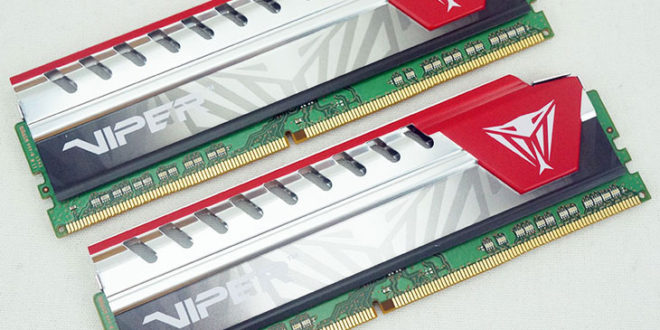

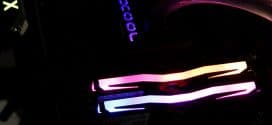
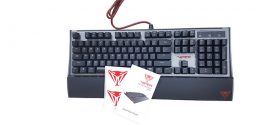
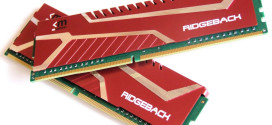




Wow $75 for a 2x8gb kit. I would’ve killed for that recently!